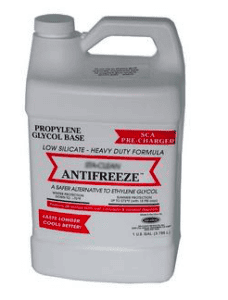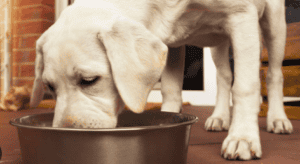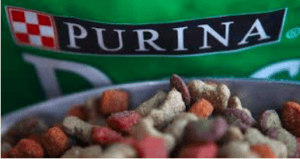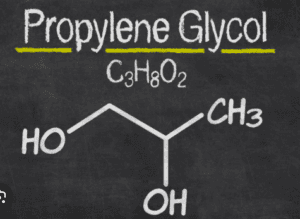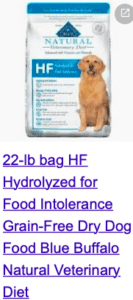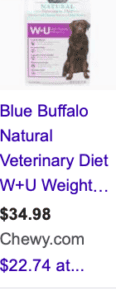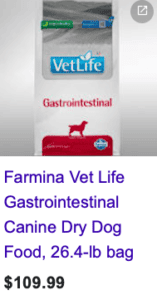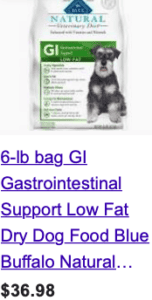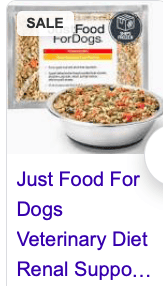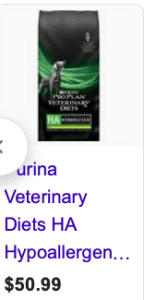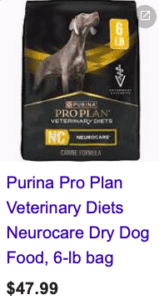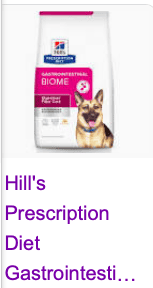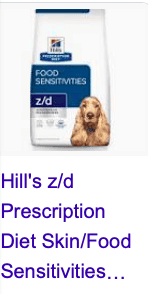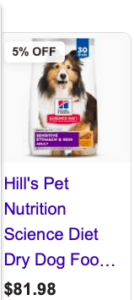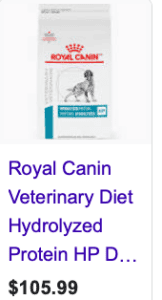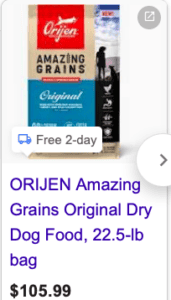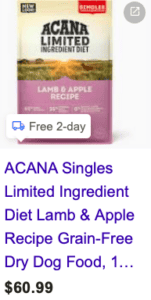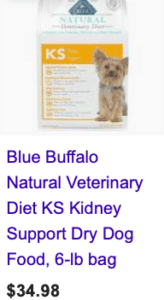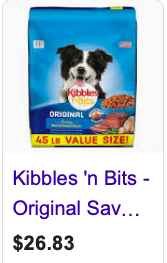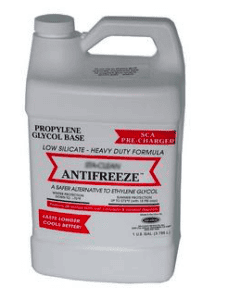
PROPOLYNE GLYCOL in pet foods causes destruction of red blood cells, cancerous growth, seizures, anxity, and more. (Educate you and your VET!)
Propylene gycol, found in Nestle Purina’s BENEFUL food as well as numerous other dry dog food brands (check your label!) -also used as automotive antifreeze- causes destruction of red blood cells and is one of the most poisonous substances found REGULARLY in pet foods– canine veterinarians and nutritionists are starteld!!! AND may add to the growth of cancerous lesions (considering it causes waxy build up in your Lab’s body, you can draw your own conclusions! hmmmm…those little “harmless” growths too!) Especially if used over a long period of time (read: they eat it every day) Propylene glycol is used as a humectant food additive to make food seem “moist and soft.”
It also causes cancers of the nervous system (CNS), toxicity, hyperosmorality, hemolysis, cardiac arrhythmia, seizures, agitation (does your dog suffer anxiety? Even children react this way to dyes in food), and lactic acidosis. Dog foods known to contain Propolyne glycol: Hills/Hills Rx foods is one of the best-known alleged offenders (interesting they won’t give you the ingredients—EVER—on these prescription foods—even my veterinarian does not know!!! Vets get about 10 hours total in pet nutrition in college—that’s all!) Most info they get comes from sales reps trying to get them to rep their product in their clinic. We know where that goes…and the motivation. Royal Canin Rx Deit is one of the alleged offenders.
Propylene Glycol in Dog Food The Bottom Line: Propylene glycol is probably safe — in small, infrequent doses. Yet unlike most humans who are inclined to vary their diets with each meal, dogs are typically fed the same food on a perpetual basis — meal-after-meal, every day for a lifetime. And it’s that continuous exposure to a synthetic substance like propylene glycol that tends to keep us up at night–and taxes our dogs liver–ultimately linked to end of life organ failure–or earlier than that–no one ever thinks of the food being the culprit. Are we suprised, given the changes in our own human food supply? Your dog is your FAMILY MEMBER. For this important reason, pet owners may wish to consider the potential long term harm of including this or any other non-nutritive additive in any food when making a purchase. Dog food ingredients may sound “geeky” but not when they aren’t safe, the consumer is unaware, and dog’s lives are being lost.
LEARN MORE ABOUT SAFE PET FOOD INGREDIENTS HERE
(and an incomplete list of) FOODS THAT CONTAIN PROPYLENE GLYCOL (at the time of this article):
